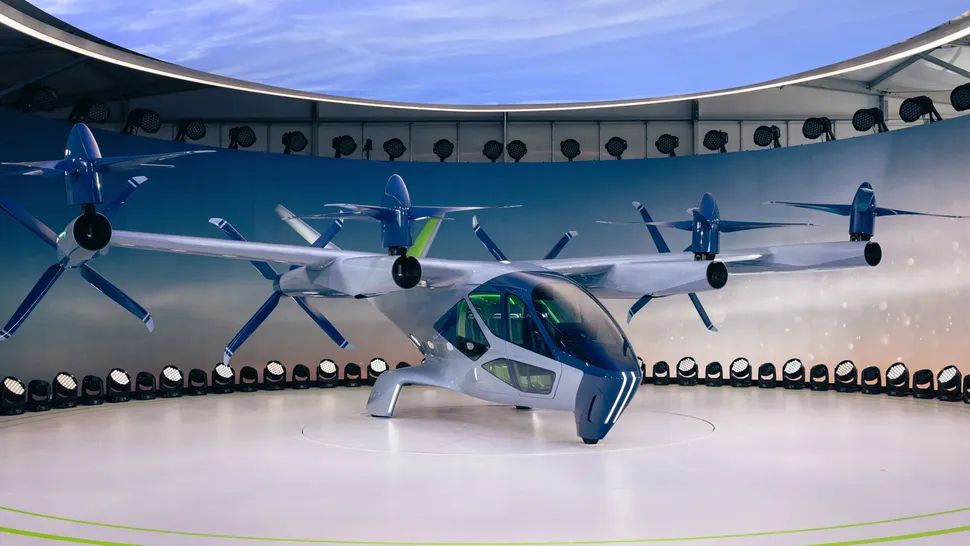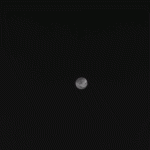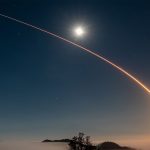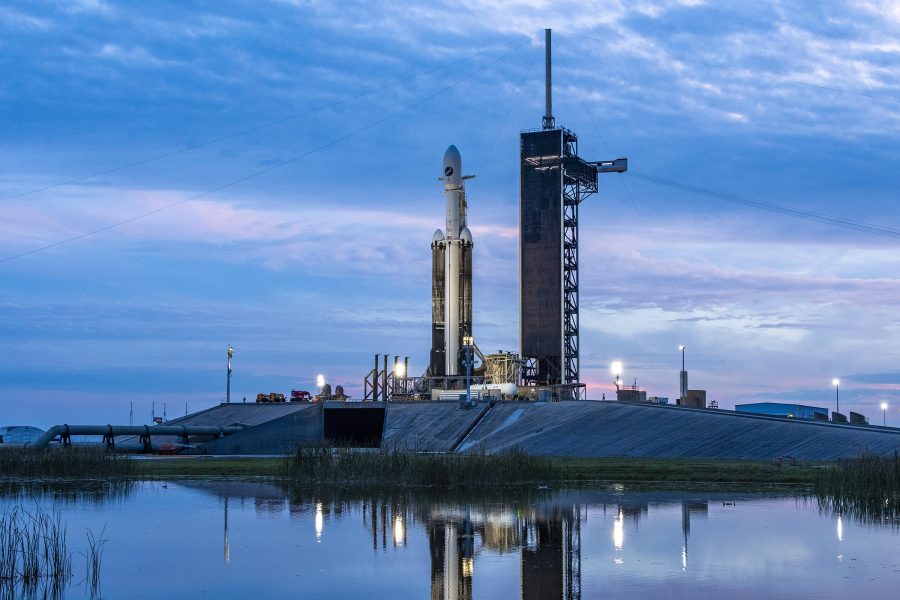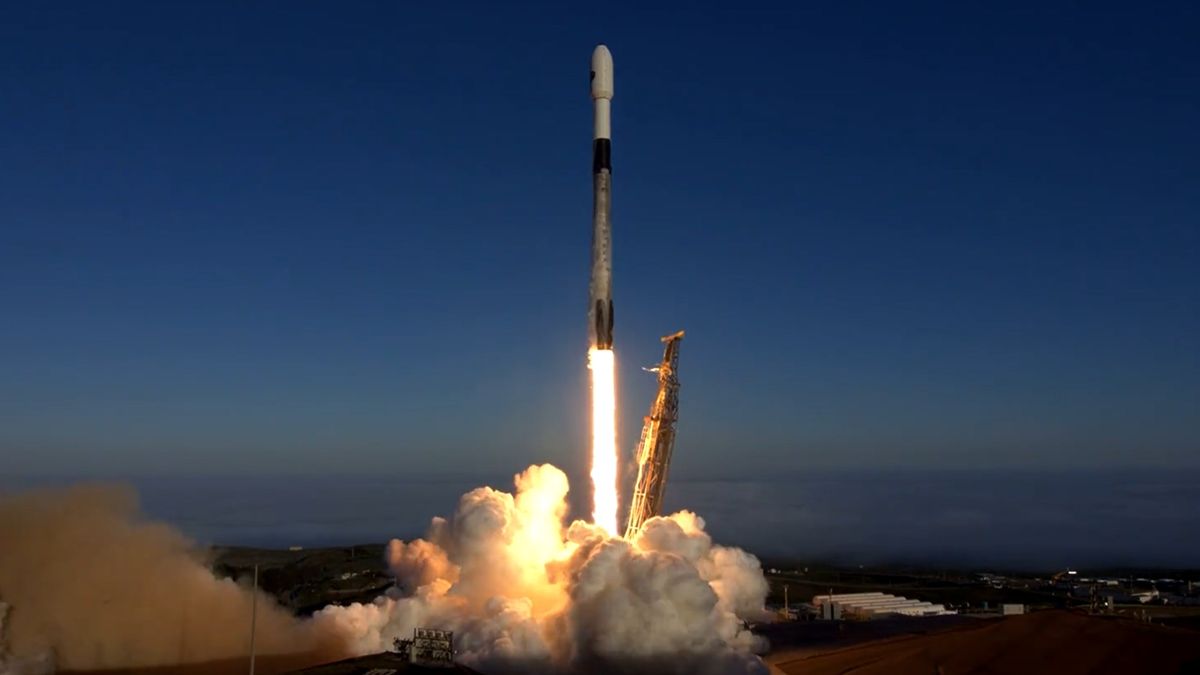Space Force General: We Require More Guardians in Combined Positions
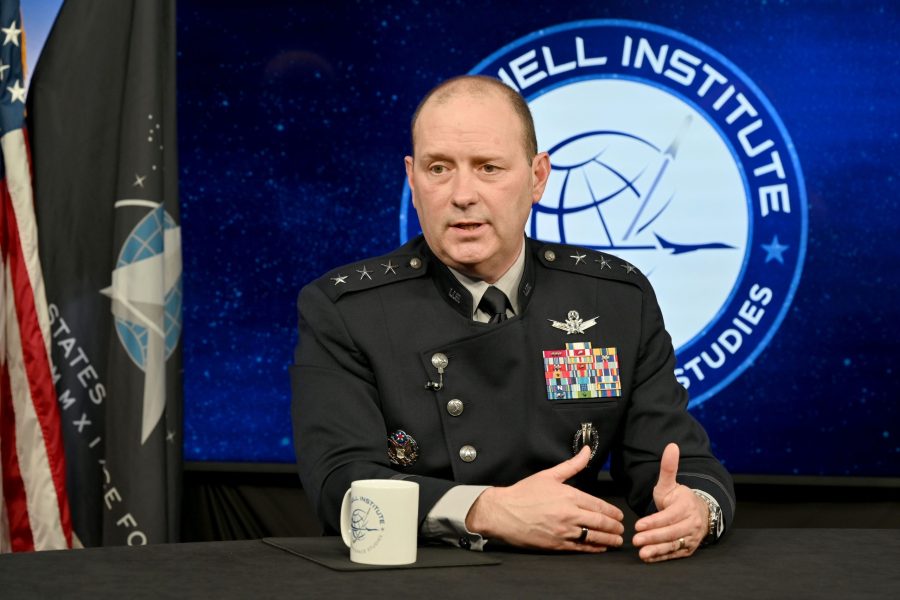
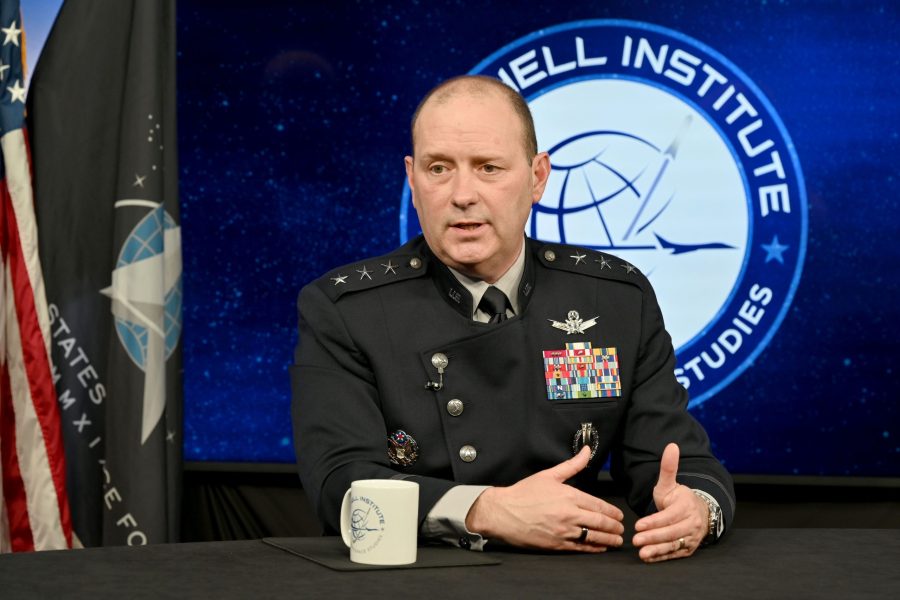
Space Force General: We Need More Guardians in Joint Roles (Image Credit: airandspaceforces)
The Space Force needs more Guardians in joint roles, and U.S. Space Command needs more non-Guardians in its ranks to make sure the U.S. military is making full use of its space capabilities, a top general said Nov. 6.
As head of Space Forces-Space, USSF’s component within SPACECOM, Lt. Gen. Douglas A. Schiess works at the nexus where space-focused operators meet the needs of the joint force. Speaking with AFA’s Mitchell Institute for Aerospace Studies, he said the latter has not always fully utilized the former.
“A decade ago, if you had talked to another joint service general officer, they’d say, ‘Yeah, space is important, I need that satellite communications, I need that GPS,’” Schiess said. “I think we’ve turned the corner so that they’re not only saying I need those delivery things, but [also] ‘Oh my goodness, I need you to help me make sure I don’t get targeted by space. The Space Force and Space Command, I need you to make sure that I can get through what I need to do without being attacked.’”
Despite making “headway,” though, Schiess acknowledged that more progress can be made in making sure space is fully integrated into the joint fight.
One part of that is putting Space Force personnel in so-called “purple” jobs like combatant commands and the Joint Staff. The service has established components within U.S. Indo-Pacific Command, European Command, Africa Command, and Central Command. More are coming in the future, Schiess said, and their leaders can act as subject matter experts to explain space for commanders.
At an even higher level, “we need to get some Guardians on the Joint Staff,” Schiess said. “We have [Maj. Gen. James E. Smith] now; Jim Smith is the deputy director of the J7. We need to continue that. We need to have Space Force-smart people in the joint community, so that when the discussions come up about these things, there’s someone that can really talk about that.”
Schiess’ call for Guardians to get more joint experience echoes what the Air Force went through several years ago under Chief of Staff Gen. David L. Goldfein, who emphasized the need for Airmen to get more joint jobs and better articulate the advantages of airpower.
The other side of the coin is making sure other services and combatant commands have personnel with a deep understanding of how space can help them.
“We have to have joint personnel that understand space,” Schiess said.
The general cited Chief Master Sgt. Jacob C. Simmons, the senior enlisted leader of Space Command, as saying that “we have to have space-smart people in other combatant commands and have other joint people in Space Command to make sure that we have those joint connections.”
On that front, Schiess can make an impact as head of the Combined Joint Force Space Component, a position that gives him “authority over all space forces presented by the services to the combatant command.”
In that role, Schiess had to develop a joint space operations plan. In doing so, he said, he consulted with Navy, Army, and Marine Corps leaders, gaining insight into their needs and sharing what SPACECOM can do for them.
“We need to know how they use space: what SATCOM signals do they use on a regular basis? How are they getting their information? What transponders are they on? What commercial are they using? And so, I think it is a joint fight, and we have to be a part of the joint fight,” he said.
Allies and Commercial
Schiess also spoke of upping Space Forces-Space’s work with international and industry partners.
On the commercial side, that includes an expansion of the Commercial Integration Cell, an information-sharing partnership between SPACECOM and industry. Schiess announced five new companies have joined 10 existing ones in the CIC, and two more are coming around the start of 2025.
“We have the connections so that we can provide them with threat information back and forth of ‘Hey, at the top secret level, here’s what’s going on,’” Schiess said. “They can also provide us information.”
On the allied side, SPACECOM is expanding its partnerships through Operation Olympic Defender, a yearslong multinational effort to operate together in space. Within the past two months, New Zealand, France, and Germany all joined Olympic Defender.
“We have connections with the Canadian [Space Operations Center], the UK SpOC, and the Australia SpOC,” Schiess said. “We’re working our connections with France and Germany now. And then we’ve actually added we’re working our connections with NATO, because they have a space center as well.”




